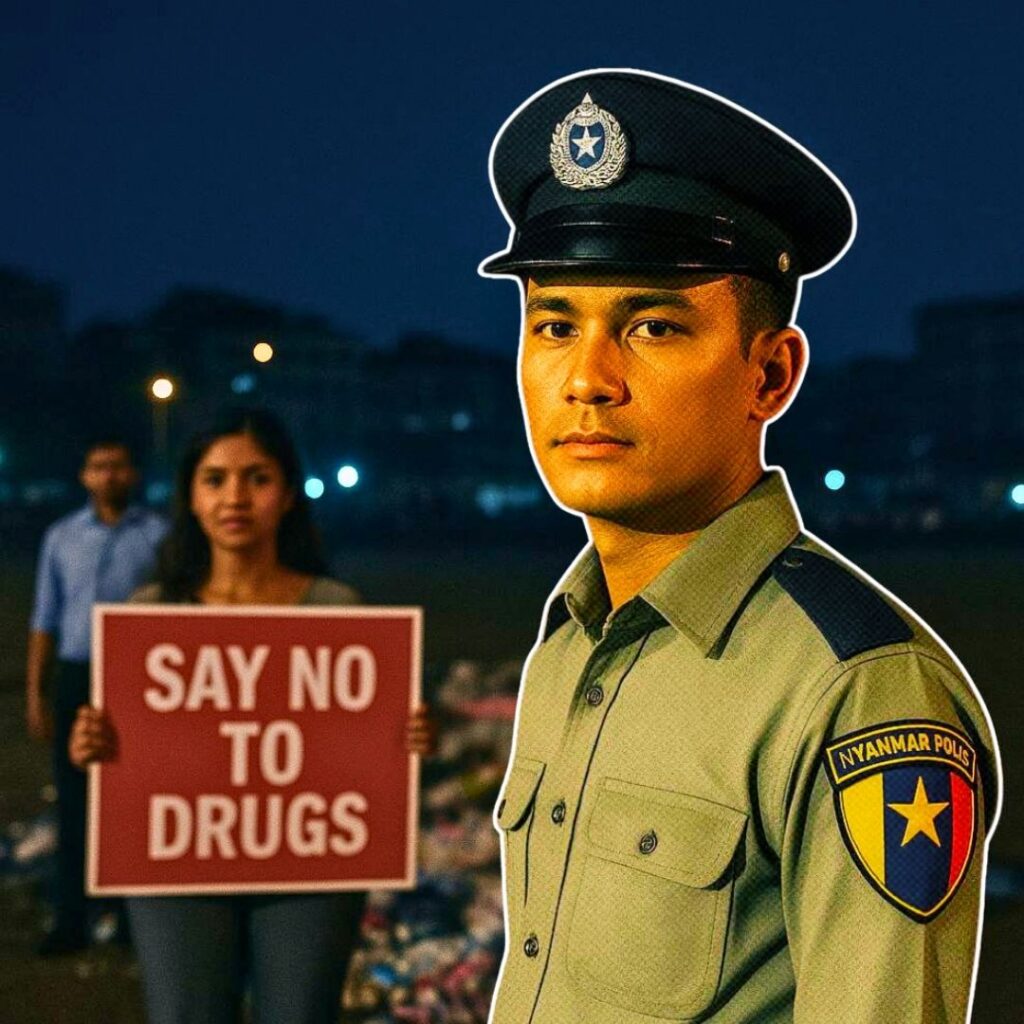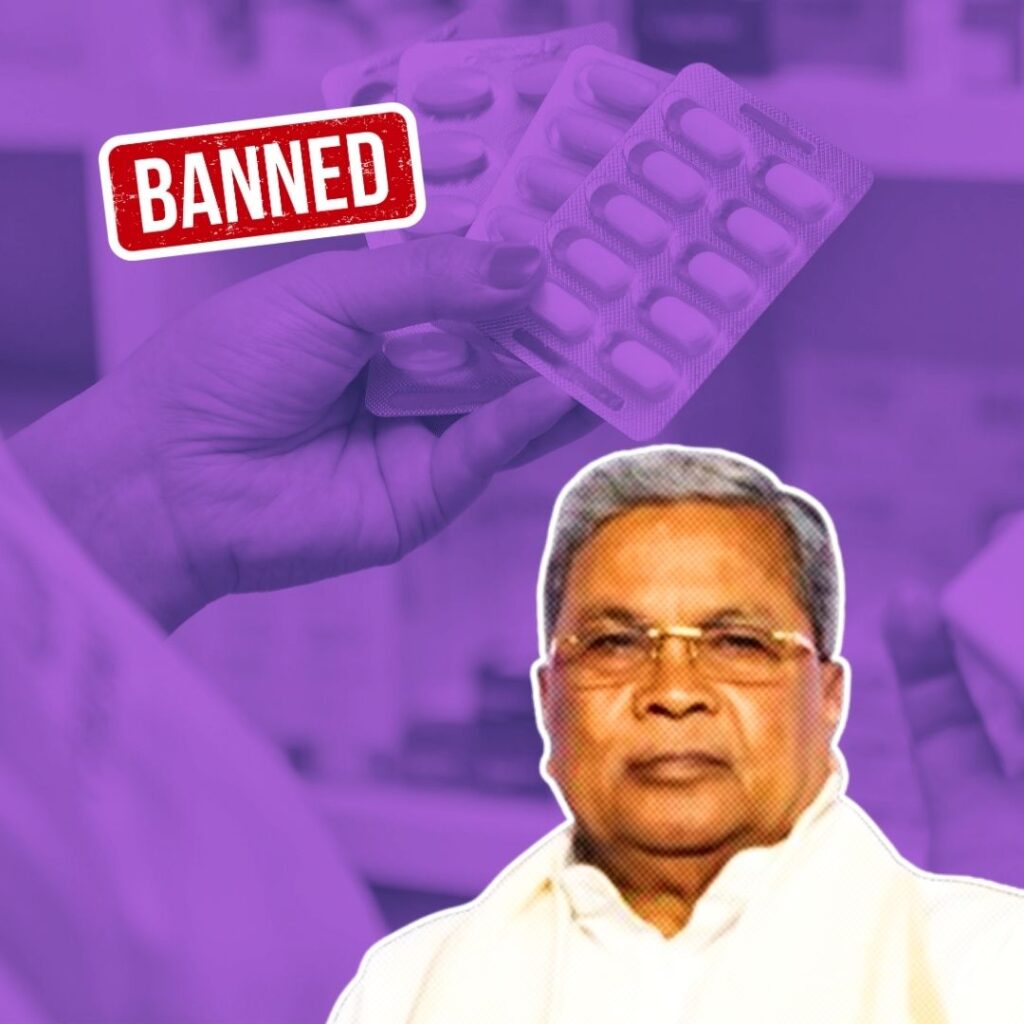The trailer of Meghna Gulzarâs Chhapaak, which recently dropped in, has been received with a lot of appreciation and admiration. It has left the audience wondering how powerful a woman can be.
Starring Deepika Padukone in the lead role, Chhapaak is based on the life of acid attack survivor Laxmi Agarwal. The film narrates the story of her bravery, battle, and eventual success in life.
In 2005, Laxmi, who was 15 years old, dreamt of becoming a singer. Her dreams were big, she was hardworking and diligent.
In the course of her pursuit to achieve her goal and fulfill her dreams, Laxmi came across a 32-year-old man who wanted to marry her. She refused his proposal.
Unable to stomach the rejection, he harassed her for months.
One day, Laxmi was on her way to Delhiâs Khan Market when the perpetrator and his brotherâs girlfriend attacked her with acid.
Laxmiâs battle, and struggle that followed, have inspired hundreds of survivors to get back on their feet and move ahead in life. Laxmi is a ray of hope for those in the dark, and a pillar of strength for those who are broken.
With Chhapaak set to hit the theatres on January 10, 2020, The Logical Indian interviewed Laxmi Agarwal to get a deeper insight into her journey.
Here are some excerpts from the interview:
With Chhapaak, millions of people will know your story. How do you feel about the film?
I feel great because Chhapaak is in itself a message for society. Just imagine if the trailer can can create such a huge impact, what the movie can potentially do. A lot of survivors will get the courage to fight when they see my character do the same.
Although a lot of people already know my story, cinema is a medium many can connect to. I hope Chhapaak will sensitize people, make them aware of their rights and inspire them to fight.
Your success in life has inspired many. But tell us about the struggle that ensued after the incident.
I have been struggling ever since I was attacked. But my family and my lawyer, who fought my case free of cost, have been my pillar of strength.
They have been with me through thick and thin, through highs and lows, through heartaches and flings. When I was devastated and did not believe I could move on, they encouraged me to get back up.
My entire family was affected after my attack. Both my father and my brother died after the incident, and my mother and I were left alone.
An attacker attacks once, but society attacks every moment. That life, following the attack, was painful. My only request to the people out there is that even if you canât make a survivorâs life easy, please donât make it difficult either.
Society often pushes one to commit suicide. They treat you like a âvictimâ and not a survivor or a fighter. They give you sympathy instead of support.
It has been a difficult journey but self-love and self-acceptance have helped me move ahead.
Do you think there have been changes in the system from 2005 to 2019?
After the Nirbhaya case in 2012, a law against acid attack was finally passed in 2013. People were aware of sexual violence, domestic violence, but acid attack was not talked about.
In 2006, I filed a Public Interest Litigation (PIL) seeking the framing of a new law or amendments to existing laws to deal with the offence.
It is only after acid attack survivors began coming out in the open, started showing their faces, began to fight, that people began getting sensitized, and a law was passed.
The problem that still remains is the slow justice system. Cases stretch forever and people lose hope. Making laws is not enough, they need to be implemented.
The day when the justice system and the government speed up their work, I am certain that people will be afraid to commit such crimes.
Tell us about your efforts to ban the sale of acids.
In 2013, the Supreme Court created a fresh set of restrictions on the sale of acid.
Although there is a law that allows people to sell acid only if they have a license, and to buy them only if they have a proper ID proof, these harmful substances are still openly sold.
The government has not done its job to ensure that people sell acid only if they have a license. It has not conducted the required drives to ensure that.
Last year I began a campaign called âStop Sale Acidâ. As we conducted drives, we found several shops that sell these acids without any license, and surprisingly, the shopkeepers are not even aware of the law that prohibits them from doing so.
These harmful acids, which end up scarring peopleâs lives, are available at a mere cost of Rs 15-20.
We began going from shop to shop, talking to shopkeepers, trying to educate them about how their products are being wrongly used in society.
Our campaign, our efforts at sensitizing these people, especially the shopkeepers, are bearing fruit now. A number of shops have now stopped the sale of acid.
What we are doing is basically the governmentâs job. The government should have …












